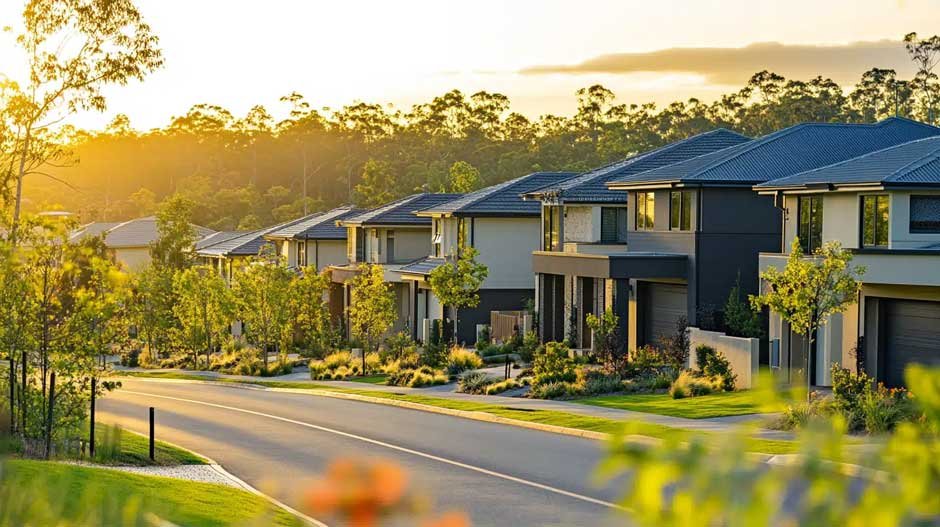Selecting a house and land package can be an exciting yet overwhelming process. It’s one of the biggest financial decisions a person or family can make. To help make the journey easier, this article provides simple yet essential tips to consider when choosing the perfect house and land package for a new home.
1. Understand Your Budget
Setting a realistic budget involves not only considering the price of the land and the house but also other associated costs such as stamp duty and any additional features or upgrades you may want. It’s easy to get excited about a new home, but staying within financial limits ensures that the investment remains manageable long-term. By knowing how much is affordable, it’s easier to narrow down the choices.
2. Research the Location Carefully
Location is not just about finding a nice spot, but understanding the area where the house and land package is located. A location with future growth potential may increase the property’s value, but some locations may face issues with accessibility that could affect daily life. Doing research on the neighborhood ensures an informed decision about whether the location fits current and future needs.
3. Consider the Size and Layout of the Land
While the house itself is essential, the land surrounding it matters just as much. The size of the land can impact how much space is available for future expansions or outdoor activities. Plus, it is important to think about the layout of the land. Aside from that, don’t forget to check if the land is flat or if there are any slopes, as this could impact the cost of construction.
4. Evaluate the Home Design Options
When looking at house and land packages, take time to carefully assess the designs offered. Consider how much space is available in living areas and whether there is room for a home office or other needs. Many builders offer customization options, so be sure to explore how much personalization is available. A home should evolve with changing circumstances, so finding a design that adapts is essential.
5. Check for Hidden Costs
Sometimes a great deal upfront can come with unexpected expenses. For example, some developers may advertise a low base price but exclude things like landscaping, driveway installation, or special fixtures. Be sure to ask about these extras upfront, so there are no surprises later. Thoroughly reading the fine print and discussing all aspects of the deal helps avoid financial stress after making the purchase.
6. Look at the Reputation of the Builder or Developer
A reputable company can make a significant difference in the quality of the home, the building process, and after-sales service. Search for a builder with a good track record of successful projects and happy customers. Checking reviews and asking for references can provide insight into how well a builder handles issues and timelines. Choosing a trusted builder reduces the risk of problems down the line.
7. Know the Process and Timeline
Building a home involves several steps, and understanding the process from start to finish can help reduce stress. A reliable builder should provide a detailed schedule, so you know when to expect each phase of construction to be completed. Make sure to ask about any potential delays, especially with factors like weather. Additionally, understand the payment schedule and milestones that need to be met.
Smart Choices, Solid Investments!
Investing in the right house and land package is a vital decision that needs careful consideration. By keeping these tips, selecting the perfect home can be a more informed process. The key is to balance budget and the quality of the builder, ensuring a smart investment that suits future needs. Taking the time to assess each aspect with attention to detail leads to a home that can be enjoyed for years.










